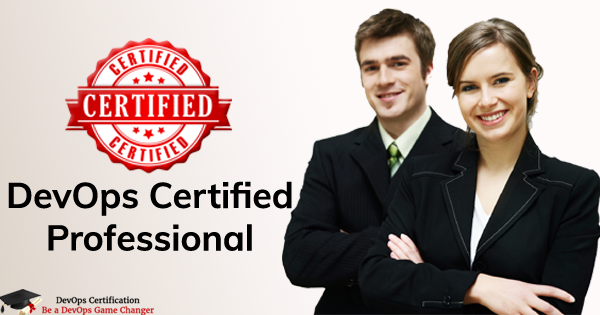DevOps Certified Professional

After completing DevOps Certified professional training you will be having hands-on training on DevOps tools and sharing DevOps best practices about Continuous Development, Continuous Testing, Configuration Management, including Continuous Integration and Continuous Deployment and finally Continuous Monitoring of the software throughout its development life cycle.
DevOps training is designed to help you become a DevOps practitioner. After this course, you will be able to do have better understanding in
- Understand DevOps Ecosystem
- about automatic Source Code Management using GIT and Continuous Integration using Jenkins
- Understand, Build and Test Automation: how to build an appropriate delivery pipeline and perform test automation on it
- Understand Containerization using Docker: identify the difference between containers and VMs
- Master Docker Commands and Use-cases : deals with the various networking concepts in Docker, the best way to use the Docker Volume, and creating Docker file
- Master Puppet: learn Configuration management and "Infrastructure-as-Code". You can learn about the master-agent architecture and catalog compilation in Puppet
- Learn Continuous Monitoring using Nagios: integrate Jenkins, Docker and Puppet, and learn about system monitoring using Nagios and its components
- Execute a live Project


 |
|---|